Shona Laing
Shona Laing has written some of New Zealand’s most memorable songs, gaining an audience and respect beyond our borders.
She was introduced to the music business when only 16 years of age. Shona came to the attention of Phonogram’s John McCready in 1972 when Chris Bourne, the producer of TV talent show New Faces played Laing’s audition to the record executive. McCready moved quickly and signed her before the country saw her on screen.
Shona Laing interview from 2008
1905
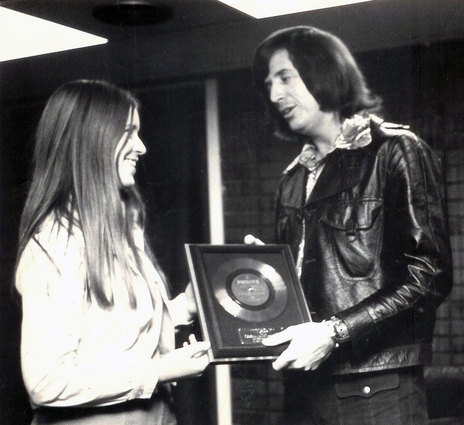
Shona and US singer/songwriter Lobo at the Tokyo World Song Festival, 1974. Shona is receiving a prize for the song 'Masquerade'.
Photo credit:
Shona Laing collection
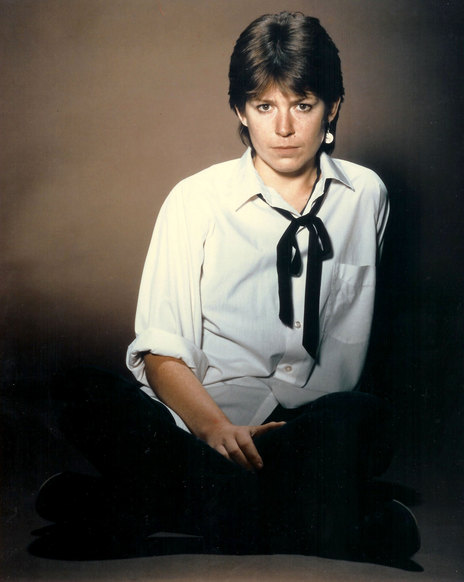
Shona, London, 1980
Photo credit:
Shona Laing collection
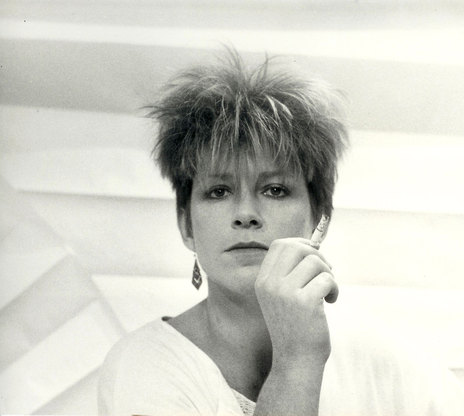
Shona, 1985
Photo credit:
Shona Laing collection
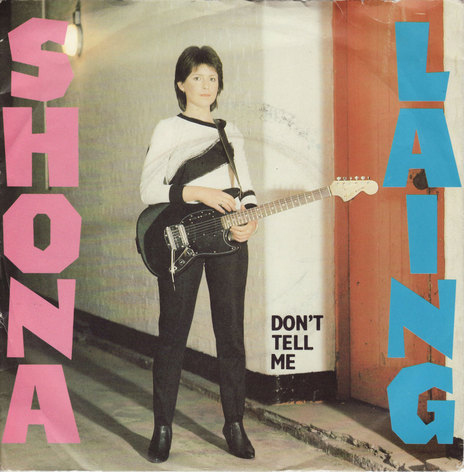
The 1980 UK EMI single Don't Tell Me
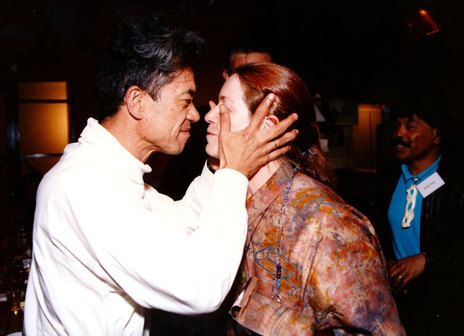
Charlie Tumahai congratulates Shona Laing on her 1992 Silver Scroll win
Newsview -Profile
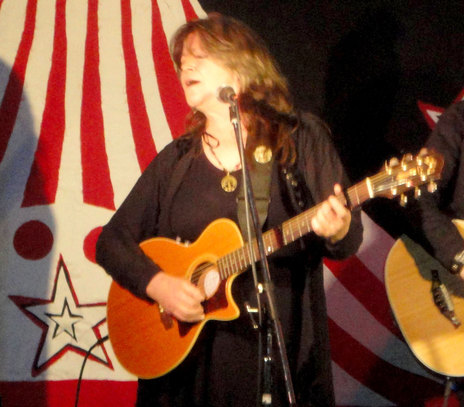
Shona Laing, 2010
Photo credit:
Shona Laing collection
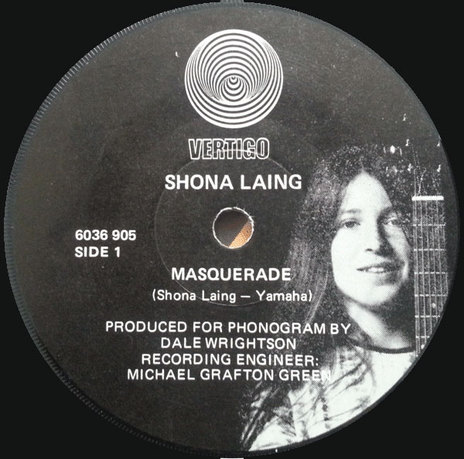
'Masquerade', 1973
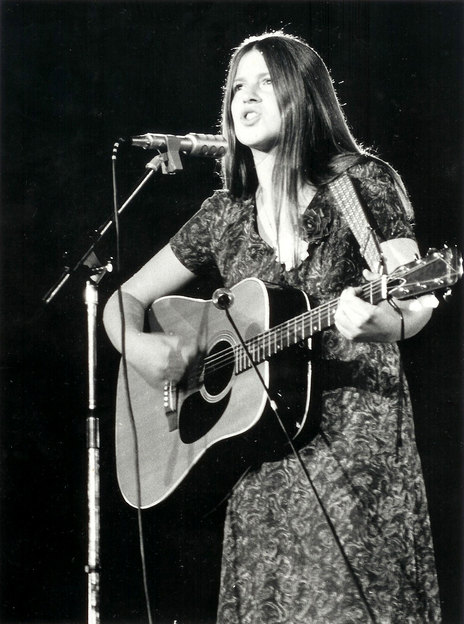
Shona at the 1974 Tokyo World Song Festival
Photo credit:
Shona Laing collection
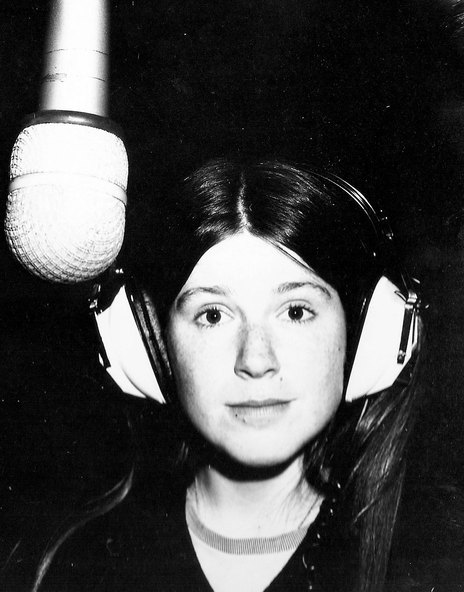
Shona Laing recording around 1972 or early 1973
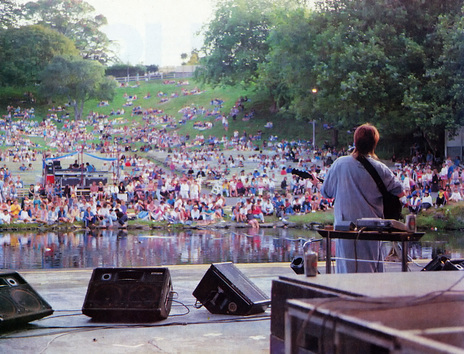
Shona at The Bowl of Brooklands, New Plymouth, 1988
Photo credit:
Photo by Kerry Brown
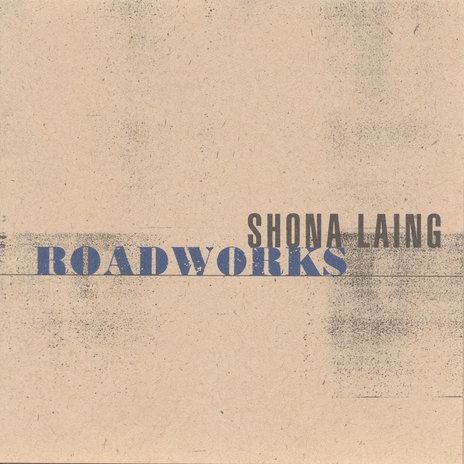
Shona’s third and final album for CBS, released in 1997
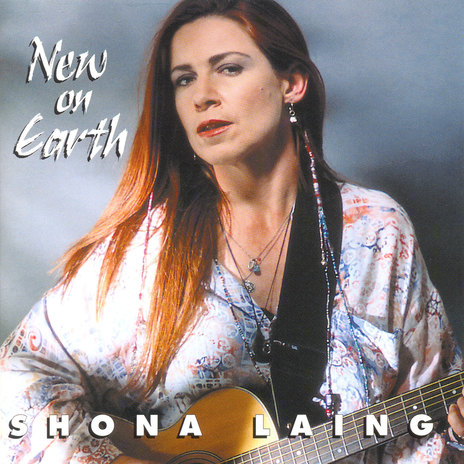
Shona’s sixth album, the first of three recorded for CBS, originally released in 1992. The cover was designed by Glenn Hunt with photography by Darryl Ward.
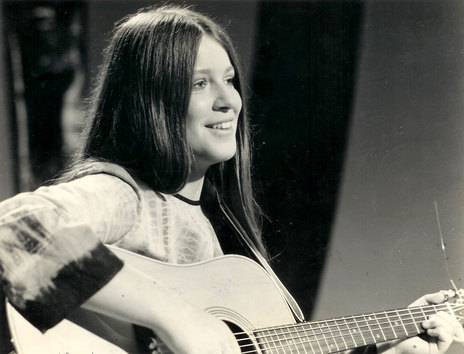
Shona on New Faces, 1972
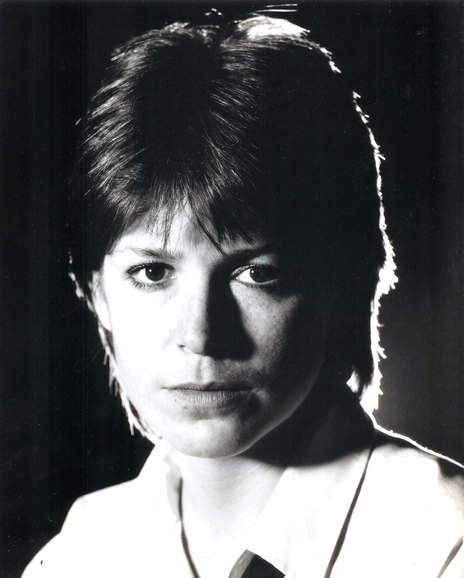
Shona, London, 1980
Photo credit:
Shona Laing collection
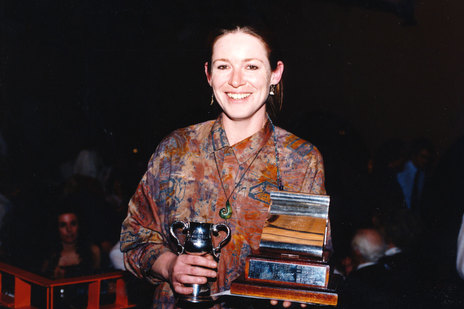
Shona Laing wins the APRA Silver Scroll for Mercy of Love in 1992
Photo credit:
Photo by Murray Cammick
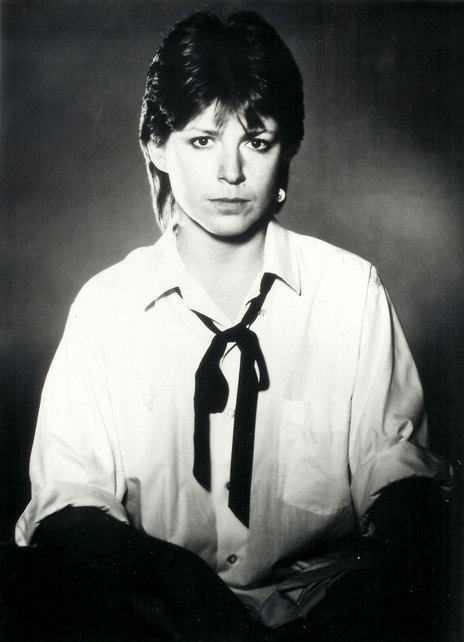
Shona Laing, London 1980
Photo credit:
Shona Laing collection
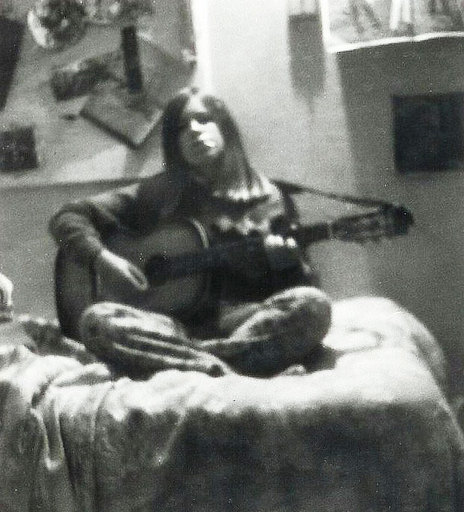
Shona Laing, 1969
Photo credit:
Shona Laing collection
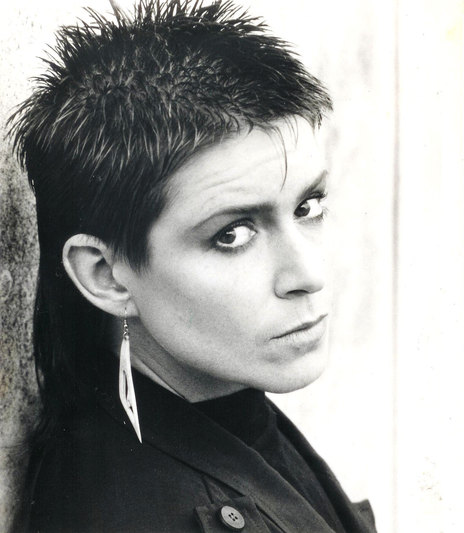
Shona, 1987
Photo credit:
Shona Laing collection
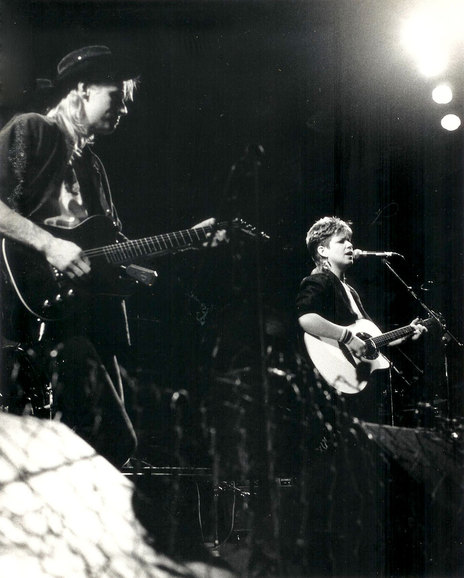
Gary Verberne and Shona Laing, 1988
Photo credit:
Shona Laing collection
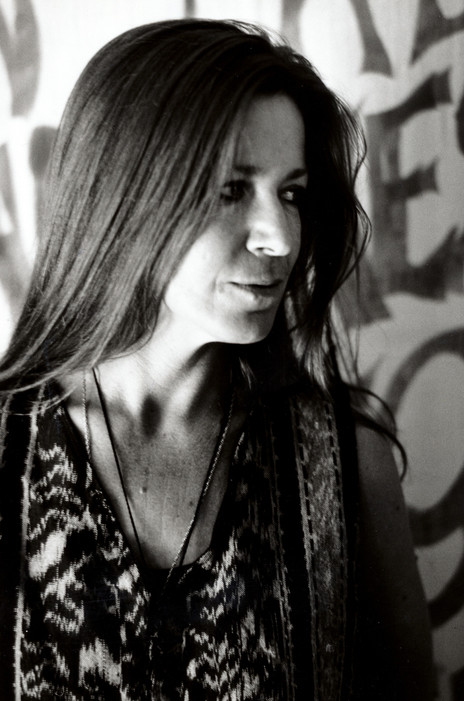
Shona Laing in the early 1990s
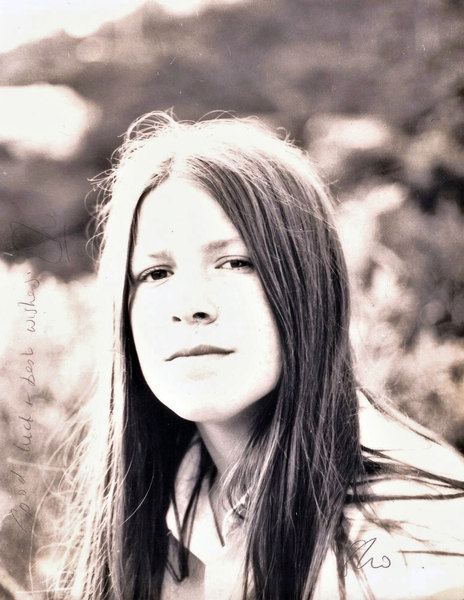
Shona Laing, 1972
Photo credit:
Shona Laing collection
Fear Of Falling
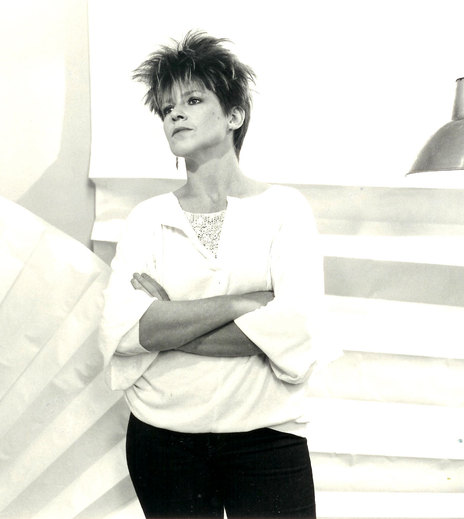
Shona Laing interview, Give It A Whirl, 2003 (NZ On Screen, 2022)
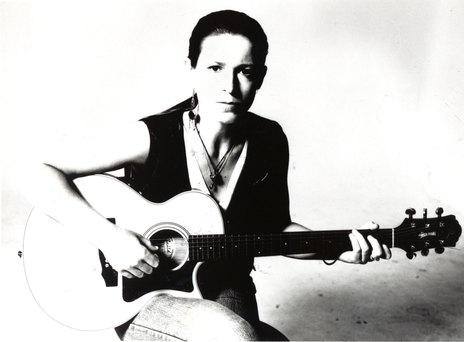
Shona, 1991
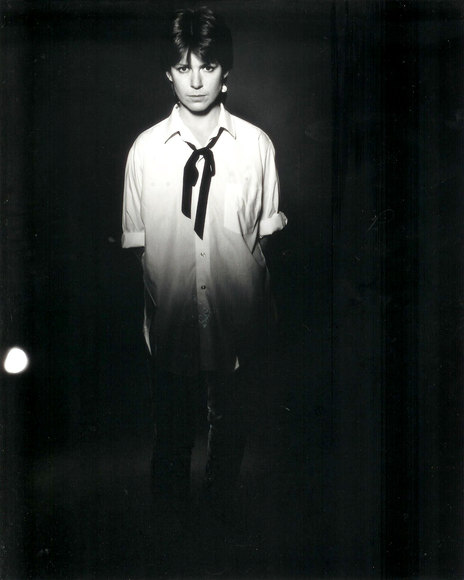
Shona Laing, London, 1980
Photo credit:
Shona Laing collection
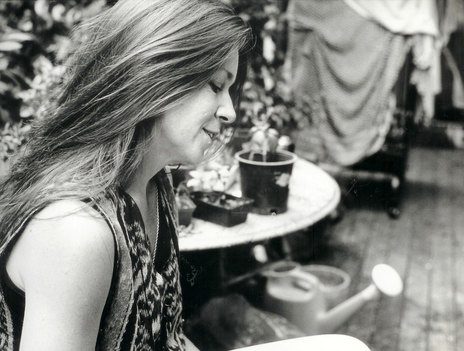
Shona Laing, 1993
Photo credit:
Shona Laing collection
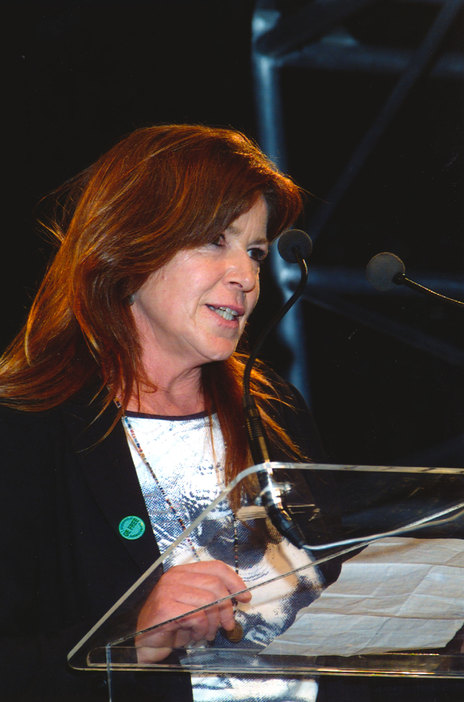
Shona at the 2001 APRA awards
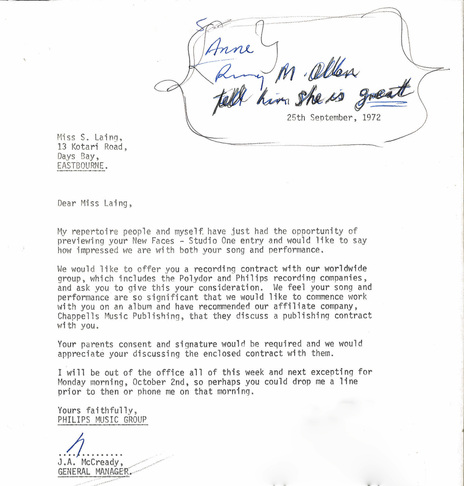
The letter that changed a life - John McCready's original 1972 letter to Shona Laing asking her to record for Philips/Phonogram
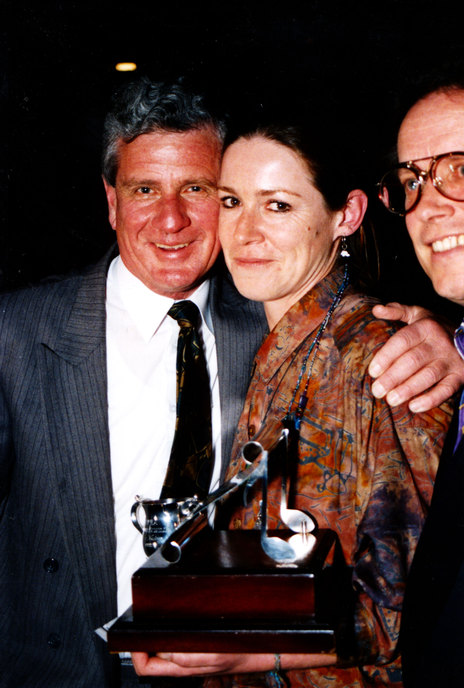
APRA Silver Scrolls, 1992. APRA's Bernie Darby, Shona Laing, Ray Columbus
Photo credit:
Photo by Murray Cammick
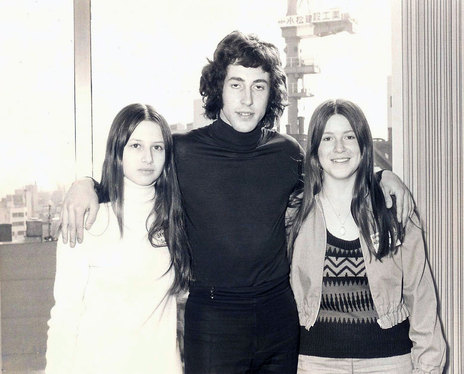
Shona (right) with US singer/songwriter Lobo in 1973 at the Tokyo Song Festival
Photo credit:
Shona Laing collection
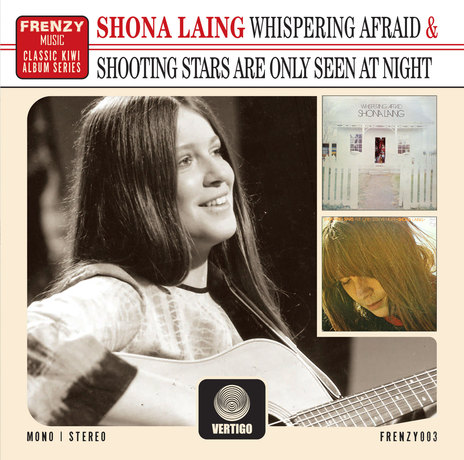
2013 reissue of the first two Shona Laing albums
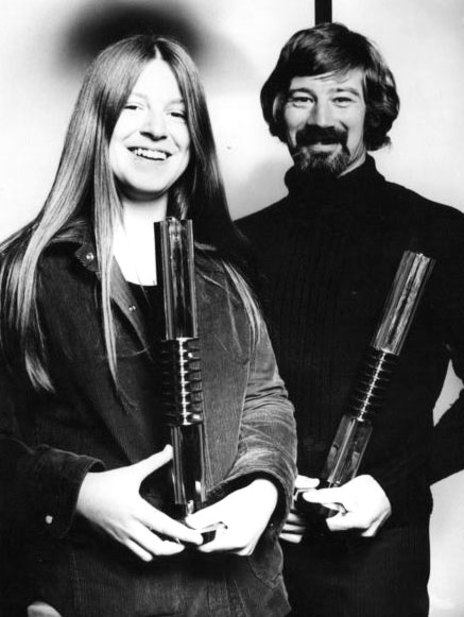
Phonogram's John McCready and Shona Laing, in 1973 at the RATA NZ Music Awards. Shona had just won Best New Artist and Recording Artist Of The Year.
Photo credit:
John McCready Collection
Soviet Snow
Mercy Of Love
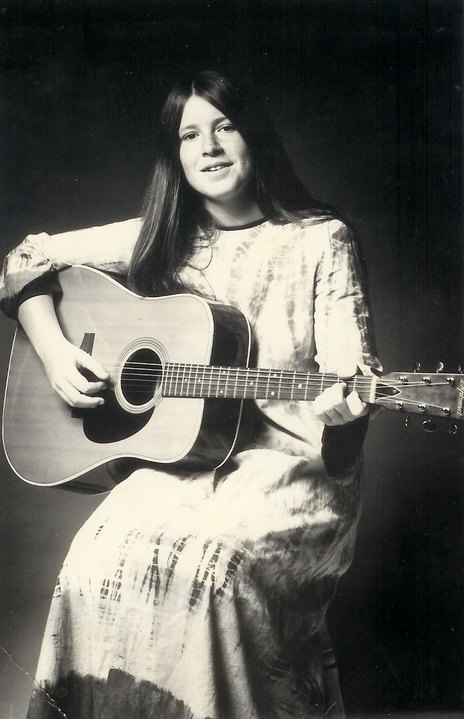
Shona Laing, 1972
Photo credit:
Shona Laing collection
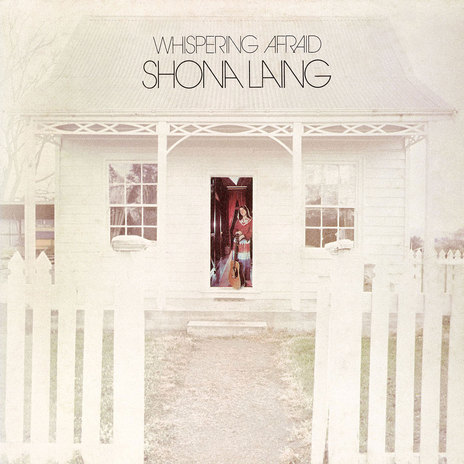
Shona’s debut album from 1973, recorded when she was just 17. The producer of the album, Dale Wrightson, also designed the album cover with photography by Sal Criscillo. The original LP had a fold out cover with album lyrics printed on the inside.
Shona Laing's 1993 Electronic Press Kit
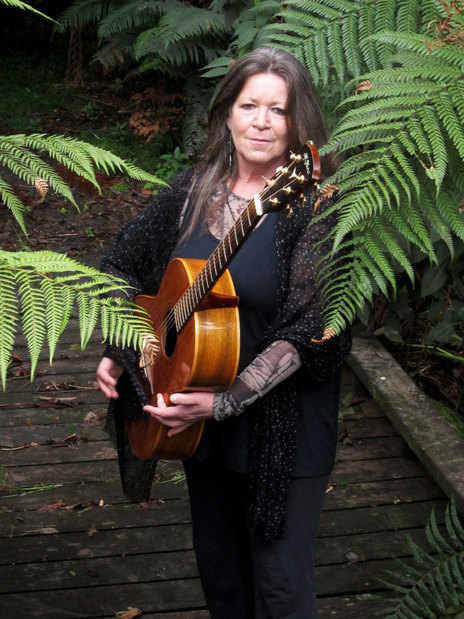
Shona Laing, 2012
Photo credit:
Shona Laing collection
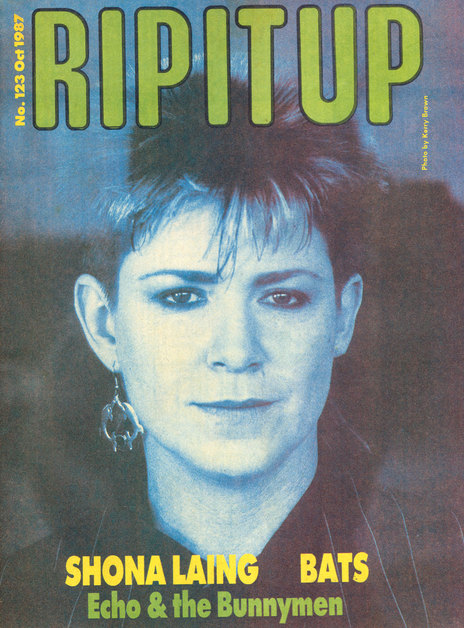
Rip It Up October 1987
Photo credit:
Photo by Kerry Brown
America
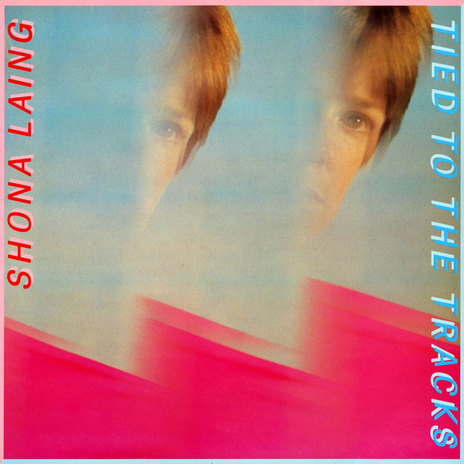
Recorded in England for Parlophone and originally released in 1982. Long unavailable, the album was digitally reissued in 2013. Airplay for the track Don’t Tell Me brought Shona to the attention of Manfred Mann’s Earthband with whom she toured and recorded for two years.
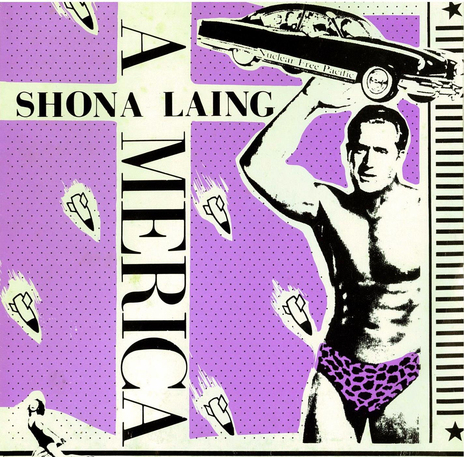
Shona Laing's debut single for Pagan was also the label's first release, in June 1985
Glad I'm Not A Kennedy
Thief To Silver
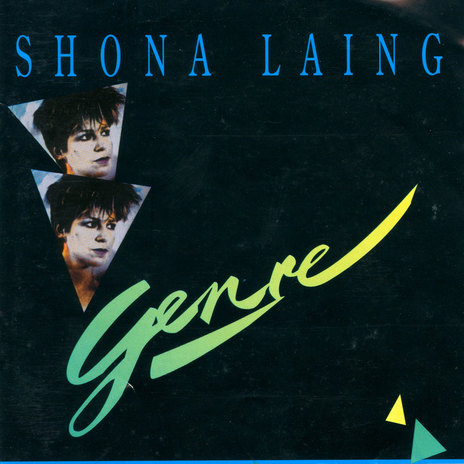
Shona’s 1985 album recorded for Trevor Reekie’s Pagan Records following her return to New Zealand in 1983

Shona’s debut album from 1973, recorded when she was just 17. The producer of the album, Dale Wrightson, also designed the album cover with photography by Sal Criscillo. The original LP had a fold out cover with album lyrics printed on the inside.
Shona Laing on Debbie Harwood's 2007 Classic Hits radio series Give It A Girl
Walk Away
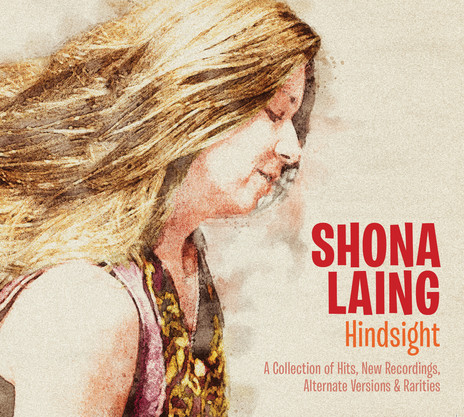
Hindsight, a 2020 compilation of hits, rarities and two new tracks from 2020.
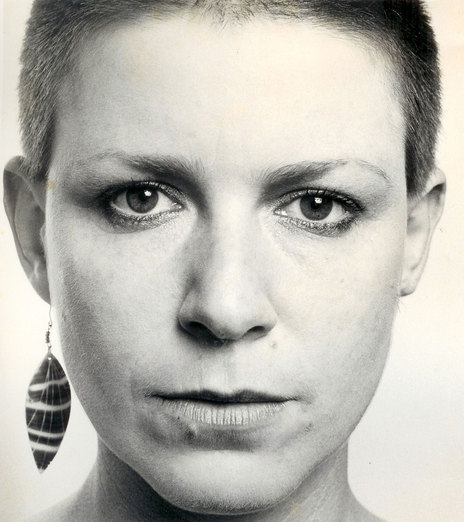
Shona Laing, 1985
Photo credit:
Shona Laing collection
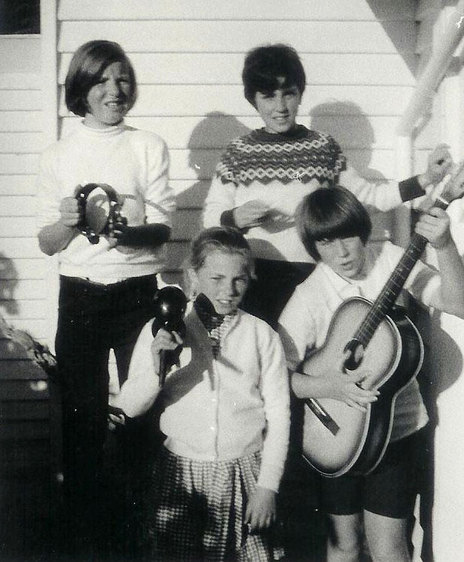
The Spiders, 1965 - Shona Laing on the right
Photo credit:
Shona Laing collection
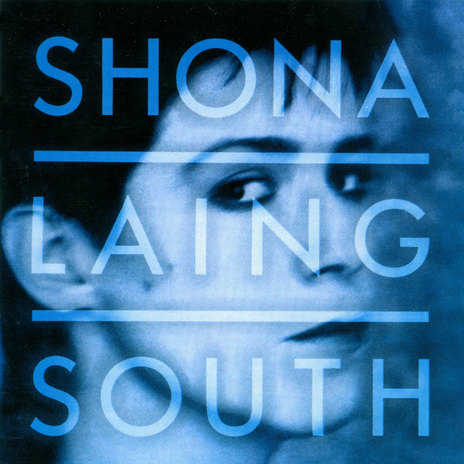
Shona’s biggest selling album released in 1987. The cover was designed by Richard Allan with photography by Kerry Brown. When released in the USA the tracks Cover Of Darkness, Poles Apart and Neutral And Nuclear Free were replaced with Neat And Tidy, Migrant and Refugee and Your Reputation.
Rangitoto song Live at The Tribal Lights Theatre in Rotorua, September 2008
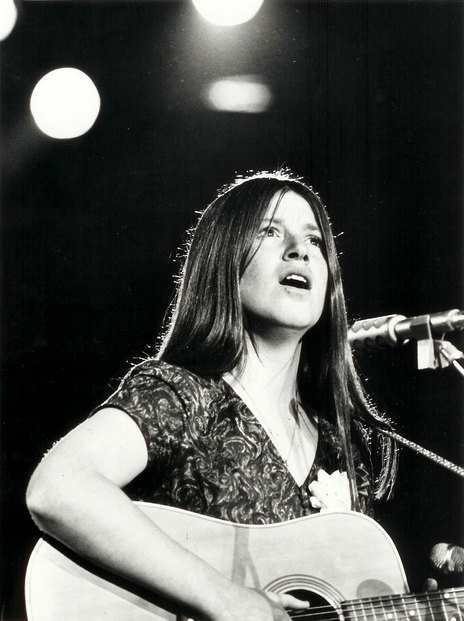
Shona in Tokyo, 1974
Photo credit:
Shona Laing collection
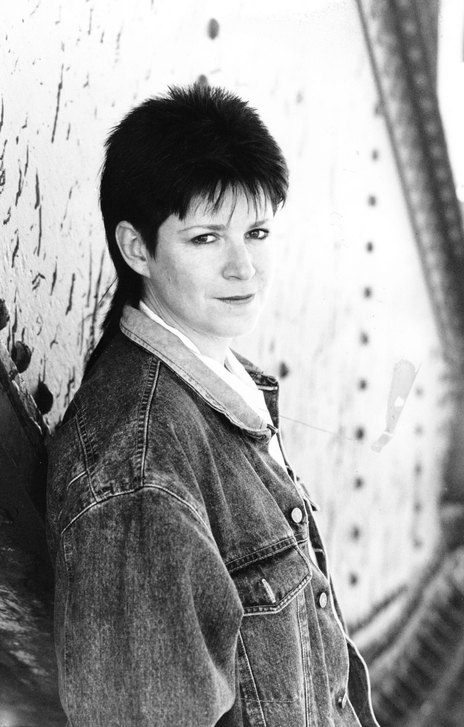
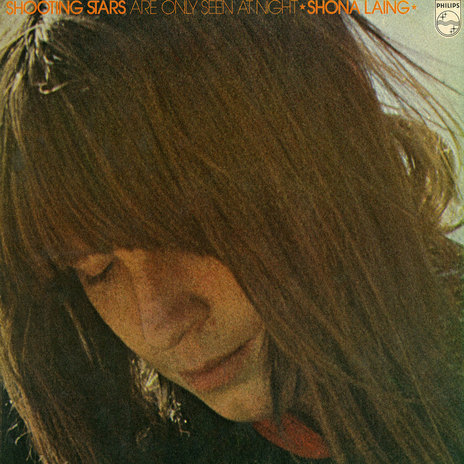
The cover for Shona’s second album designed by Larraine Hall with photography by Nicholas Van Der Ley. The album was recorded at EMI Studios in Sydney and originally released in 1974. Like her first album the original LP featured a fold out cover with lyrics.
Kick Back
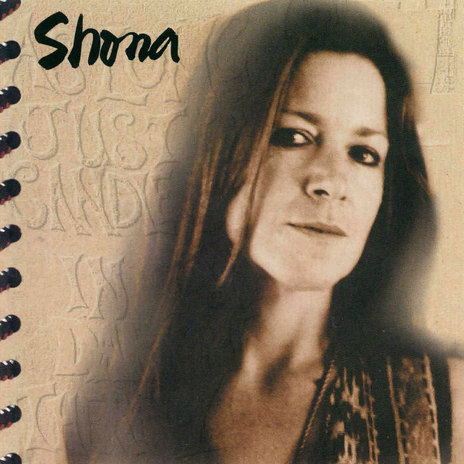
The cover for Shona’s 1994 album, designed by Wayne Conway with photography by Kerry Brown
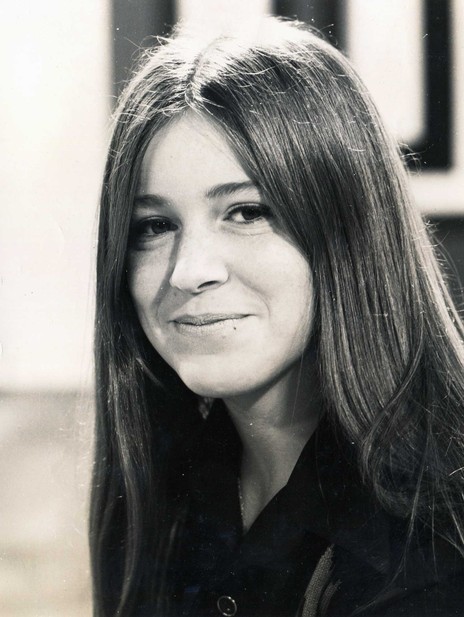
Shona Laing circa 1972
Photo credit:
Photo by Rob Joiner, NZBC TV archives
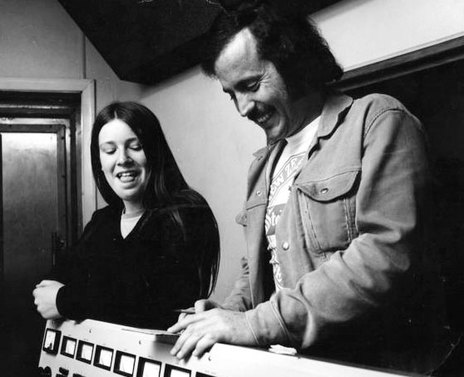
Shona Laing in the studio with Dale Wrightson, 1973
Photo credit:
John McCready Collection
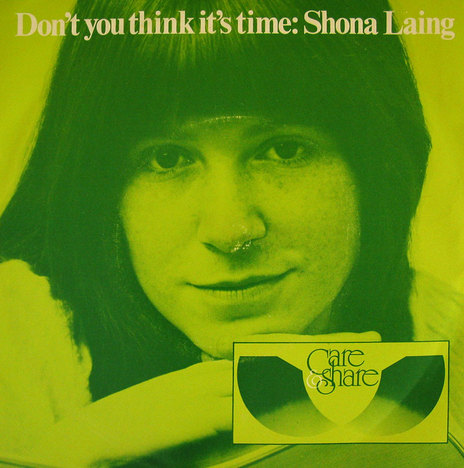
'Don't You Think It's Time', 1975
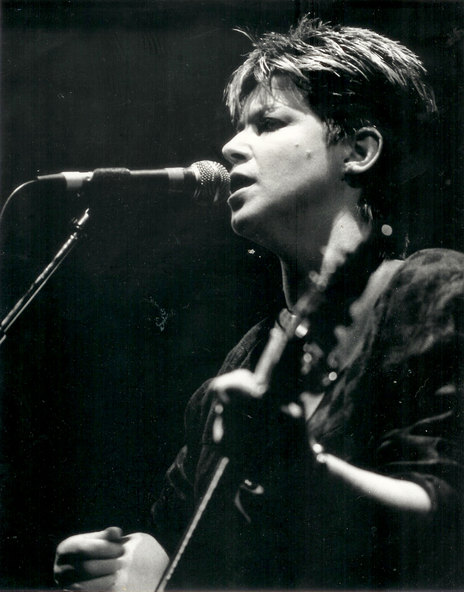
Shona Laing, 1988
Photo credit:
Shona Laing collection
Trivia:
In 1983 Shona was briefly in a band in Wellington with Dan Birch (ex-Beat Rhythm Fashion) and Andy Drey (ex-Body Electric and Steroids) called Colonial Bandits. They didn't record.
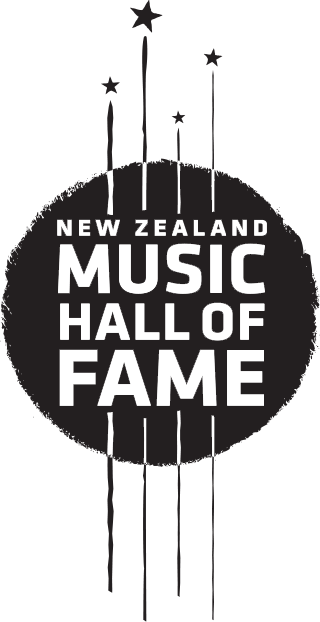
Shona Laing was inducted into the New Zealand Music Hall of Fame | Te Whare Taonga Puoro o Aotearoa in 2013. The Hall of Fame is an initiative of Recorded Music NZ and the Australasian Performing Right Association (APRA), whose support of AudioCulture enables the site to stream music content.








